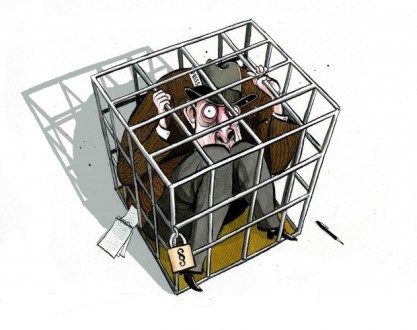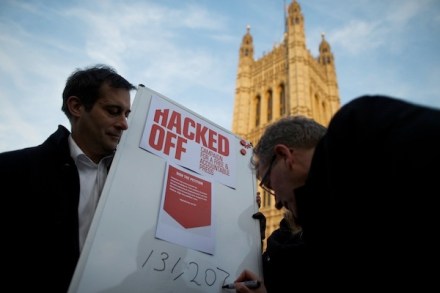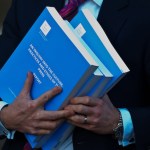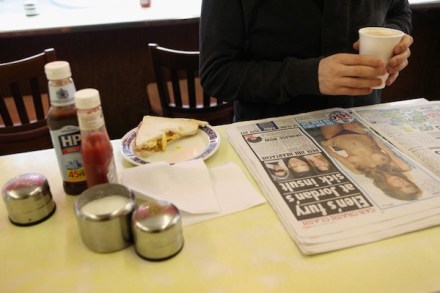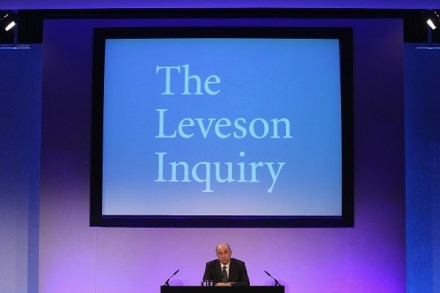‘Small-scale’ bloggers hear the chimes of freedom
Bloggers of the United Kingdom rejoice – an exemption from the all-new press controls looks to be on the way. We are waiting today to see if any of the amendments tabled on Friday will pass but the Financial Times reports (£) that cross-party talks over the weekend will result in a successful amendment on blogging: ‘Tri-party talks took place over the weekend to agree a wording for an amendment to the crime and courts bill which will be discussed in the House of Lords on Monday.’ At some point, that is. The amendments are being considered in the Lords right now but there has been no sign of anything
